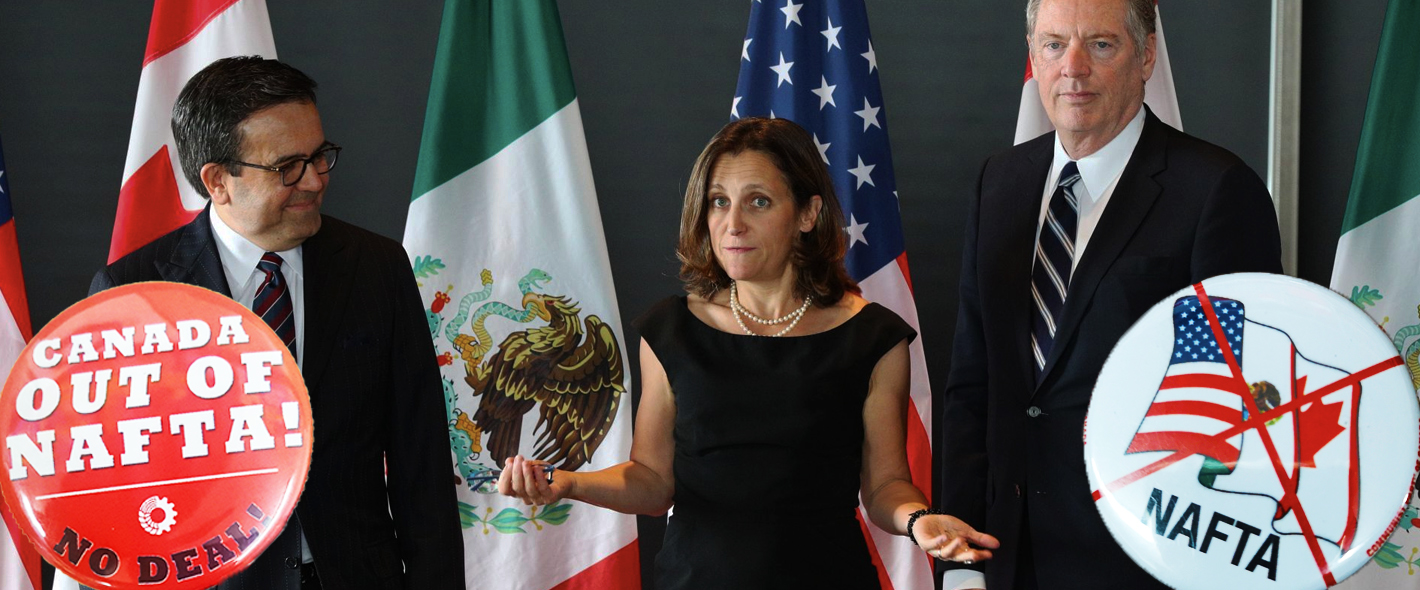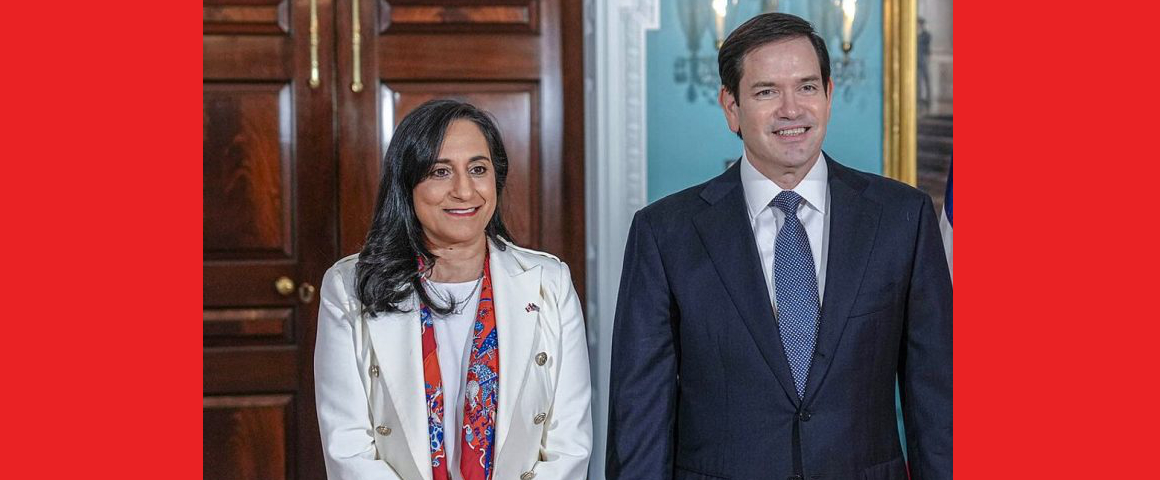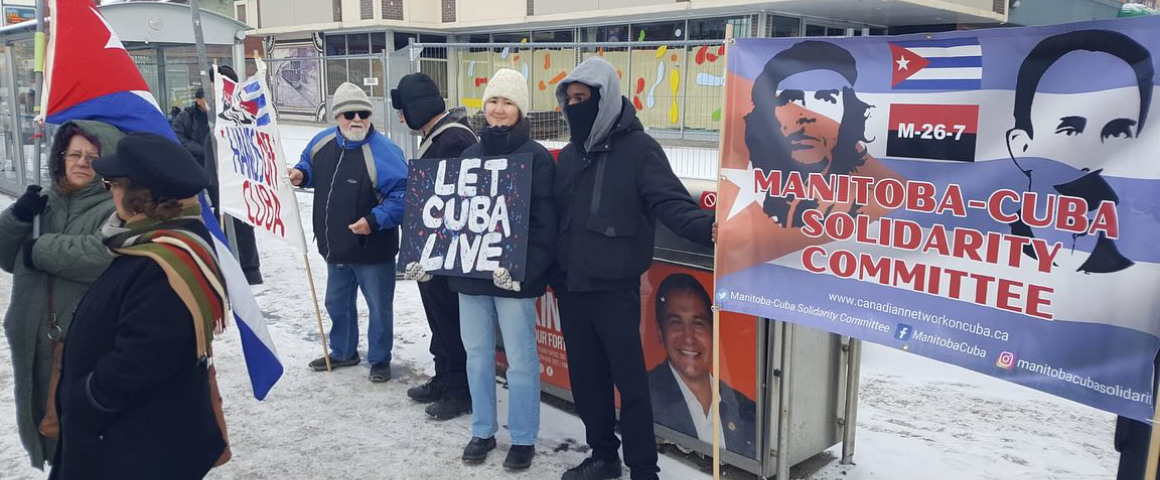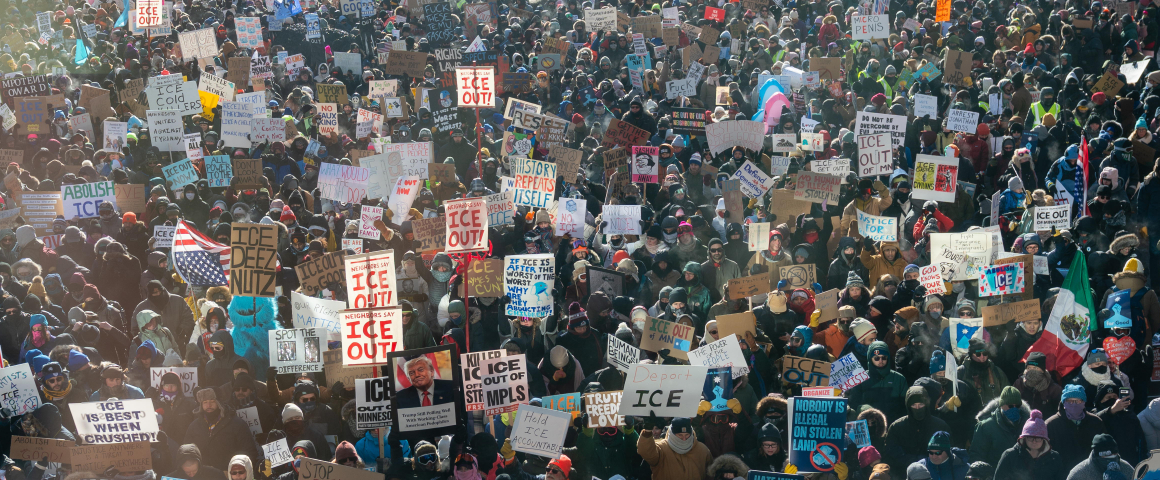The pressure’s on. While Trade Minister Chrystia Freeland gamely smiles and tells reporters every day that a deal on NAFTA is “close”, President Trump tweets that he’ll “cause the ruination of Canada” with 25% tariffs on Canadian-made cars if the renegotiated deal isn’t “totally on our terms. Totally.”
“And every time we have a problem with a point, I just put up a picture of a Chevrolet Impala”, Trump adds. The Chevy Impala is made by General Motors workers in Oshawa.
It’s not an idle threat. TD economists project job losses of 160,000, most of them in Ontario, if Trump imposes a 25% tariff on cars made in Canada. Scotiabank economists project the tariffs would cut Canada’s economic growth by 25% – in an economy that’s already slowing down, facing mounting unemployment, and growing public anger.
But the losses wouldn’t stop with the auto industry. They’d bubble out from there because the auto sector is at the very heart of manufacturing in Canada, the driving force of the economy. The impact would be devastating on the jobs, wages and living standards of all those whose livelihoods are connected directly and indirectly to the auto industry. The effect would be immediate on cities like Windsor, which is wholly dependent on the Detroit automakers Ford and Chrysler.
It’s unlikely that Trump would stop at tariffs on auto, steel, aluminum, newsprint, and softwood lumber. Punishment would be total, as demonstrated by Trump’s $200 billion in punishing tariffs on China, with another “$267 billion ready to go on short notice if I want”.
Canada exported $57 billion in cars and another $15 billion in auto parts to the US in 2017. The tariff threat using a US “national security” law shows just how far Trump is prepared to go in order to force Canada to sign onto a NAFTA agreement “totally on US terms”.
What the US Wants
Previous free trade deals have hollowed out manufacturing and industrial jobs from the US (and Canada) as corporations moved operations to low-waged, low-tax, and de-regulated and unregulated jurisdictions around the world. Gigantic super-profits followed for the big corporations, and mass unemployment, wage cuts, and falling living standards for workers.
Trump has promised to bring those jobs back to the US, and he may have accomplished part of that with the US-Mexico deal which requires that 75% of autos be produced in the US and Mexico in order to be sold in North America. The deal also requires that 40% of Mexican autoworkers be paid a minimum of $16 an hour, which Trump expects will slow the exodus of US auto plants to Mexico. This is no benign gesture to raise wages and living standards of exploited Mexican autoworkers, who earn $3 an hour and will never be able to buy the cars they build. It’s about keeping auto jobs in the US by making it unprofitable for automakers to move their operations over the border.
For Canada, it will encourage US Big Three automakers to move operations to the US. It will put even more pressure on unions and workers, to drive down livable wages in Canada to poor levels paid in the majority of right-to-work states where unions barely exist. It will pressure unions to adopt more of the two and even three-tier wage rate systems that permeate the US and have penetrated the auto industry in Canada for two decades.
But the US wants more. Dairy farmers in the US have been told that Canada’s supply management system in agriculture is the cause of their very real misery.
Supply management has protected farmers in Canada for decades, putting a financial floor under dairy and poultry producers, providing milk, egg and poultry quotas in exchange for guaranteed incomes. These protections are under attack by agribusiness – multi-national corporations in agriculture which aim to increase profits at the expense of farmers. That’s who Maxime Bernier – an avowed opponent of supply management in Canada – speaks for, to give one example.
Trump’s demands include opening the Canadian market to US Class 7 ultra-filtered milk used to make cheese and yogurt, worth US $200 million a year. This would create havoc in Canada, forcing plant closures and job losses in production. An estimated 15% cut to milk quotas could bankrupt small farmers, dealing a lethal blow to supply management in the dairy sector, greater than the impact of all previous trade concessions (TPP, CETA, etc) combined.
But Canada isn’t the problem. It’s the US ‘sink or swim in the free market’ which has created a glut and dropped the price of milk through the floor, forced family farmers into enormous debt, and pushed many into bankruptcy and foreclosures. It’s US policy that has abandoned farmers from New England to the midwest states, and it’s the Trump administration that’s to blame.
Trump also wants many other concessions. Chief among them is NAFTA’s Chapter 11 Investor State Dispute Settlement Mechanism that allows corporations to sue governments for “future lost profits”. Another is Chapter 19’s dispute settlement mechanism, which sets up expert panels to settle disputes between NAFTA governments over trade. Canada has won every dispute over softwood lumber that the US has launched because of these impartial panels.
Trump also wants complete access to Canada’s cultural industries, to public services including health and education, childcare, long-term care, and everything else.
Trump wants continued and unfettered access to oil and other natural resources. He is opposed to climate change remediation or any action that would impede corporations and corporate profits.
An education for working people
The past months have been an education for working people, with a front row seat to watch how US vulture capitalism and the Trump government regard Canada, and the world. What the US President and administration propose to do to Canada to get their NAFTA terms, is exactly what they do to every other country where they do business. Their tactics, including insults and threats of economic sanctions and instability, have shocked Canadians, but for the US, this is business as usual.
What Canada needs
The federal government should assert Canada’s sovereignty and independence, and get out of NAFTA now, while we can. It should end the continuing integration of Canada into the US economy, and the pattern of subservience to US economic, social and foreign policy demands.
Instead of NAFTA, we need a trade policy that is multi-lateral and mutually-beneficial with countries around the world. We need an economic policy that puts job creation at the top of the agenda, starting with an industrial strategy that develops value added manufacturing to build the whole country, and public ownership of oil and gas and other natural resources. Our priorities should be strong universal social programs, health, education and childcare, reversal of climate change, and foreign policy objectives of peace and disarmament, instead of rearmament, war, and aggression.
Another world is possible. It’s urgent!




